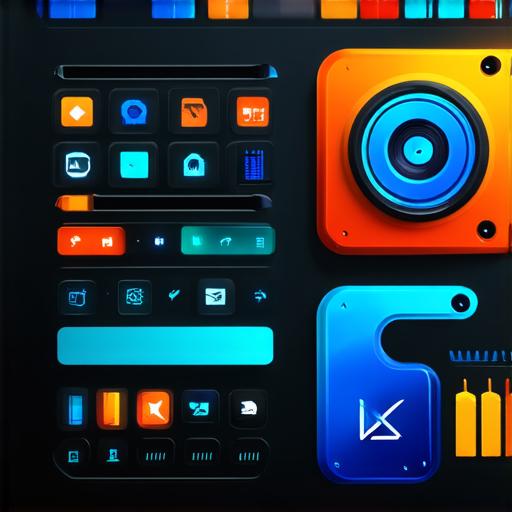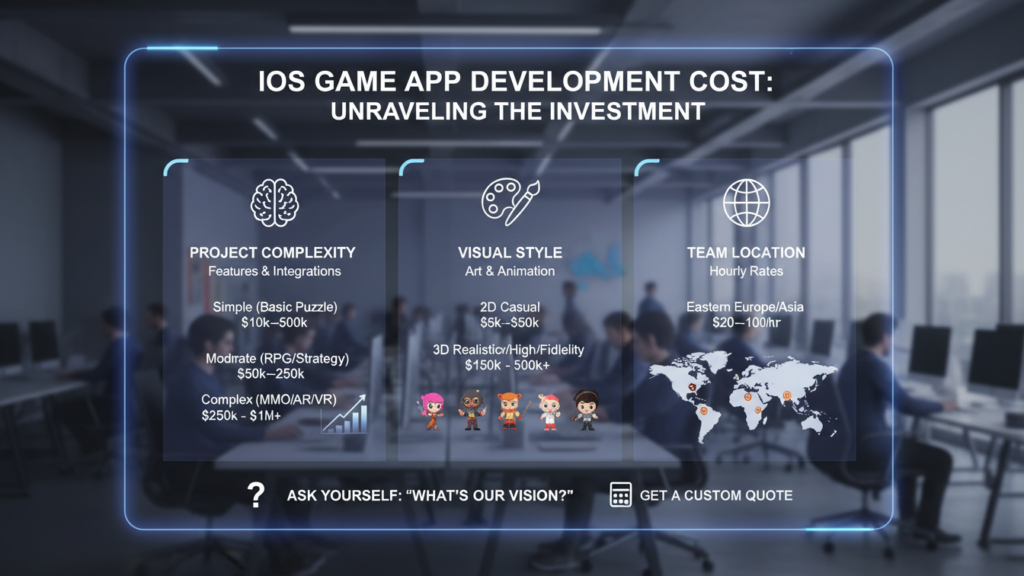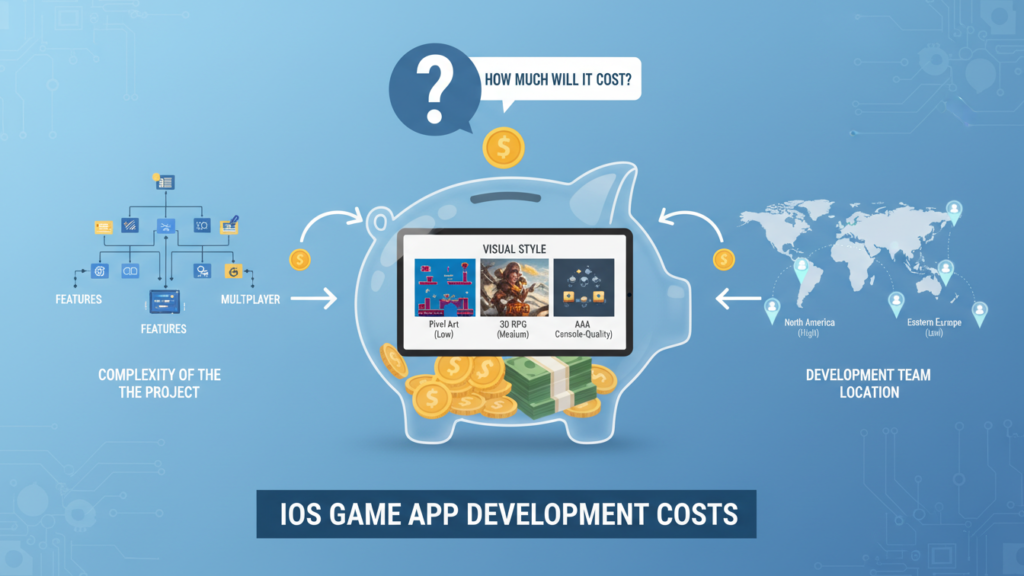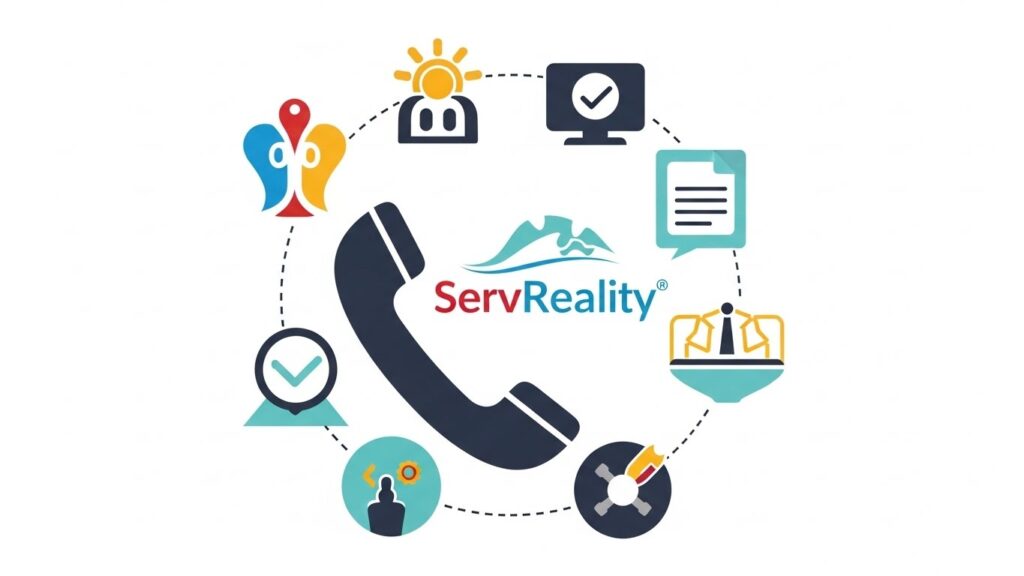What is AI App Development?
AI app development involves using artificial intelligence (AI) technology to create software applications that can perform tasks that typically require human input, such as speech recognition, image classification, and natural language processing. These apps are designed to automate processes, improve efficiency, and enhance user experiences. They are becoming more popular in a variety of industries, including healthcare, finance, and retail.
The Benefits of AI App Development
AI app development offers numerous benefits, including increased productivity, improved customer service, and cost savings. Here are some examples:
- Increased Efficiency: AI apps can automate repetitive tasks, freeing up time for employees to focus on more complex work. This can lead to increased productivity and faster turnaround times.
- Improved Customer Experience: AI apps can provide personalized recommendations, chatbots that can answer customer queries quickly, and real-time insights into customer behavior. This can improve the overall customer experience and increase customer satisfaction.
- Cost Savings: AI apps can reduce costs by automating tasks that would otherwise require human intervention, such as data entry and processing. They can also help businesses optimize their operations and identify new revenue streams.
- Competitive Advantage: By adopting AI app development, businesses can gain a competitive advantage by streamlining their operations, improving customer service, and reducing costs.
The Challenges of AI App Development
While the benefits of AI app development are clear, there are also challenges that developers must overcome to create effective apps. Here are some examples:
- Data Quality: AI apps rely on high-quality data to function effectively. Developers must ensure that the data they use is accurate and relevant to the task at hand.
- Ethical Considerations: AI app development raises ethical concerns, such as privacy, bias, and accountability. Developers must consider these issues and design their apps in a way that respects customer privacy and minimizes the risk of bias.
- Integration: AI apps must be integrated with existing systems and processes to be effective. This can be challenging, particularly for businesses that have multiple data sources or legacy systems.
- Regulatory Compliance: The regulatory landscape surrounding AI app development is constantly evolving, with new regulations being introduced all the time. Developers must stay up-to-date with these changes and design their apps to comply with relevant laws and regulations.
Best Practices for AI App Development

To create effective AI apps, developers should follow best practices such as:
- Define Clear Objectives: Before starting the development process, developers must define clear objectives for their app. This will help them to focus on what is important and ensure that the app meets the needs of the business.
- Choose the Right Technology: Developers must choose the right technology for their app, based on the task at hand and the capabilities of the AI system they are using.
- Train the AI Model: Developers must train the AI model used in their app, ensuring that it is accurate and up-to-date. This involves feeding the model with high-quality data and continually refining the algorithms used to process the data.
- Test and Optimize: Developers must test the app thoroughly and optimize its performance based on user feedback and usage data. This will help them to improve the app over time and ensure that it continues to meet the needs of the business.
- Stay Up-to-Date: The world of AI app development is constantly evolving, with new technologies and techniques being introduced all the time. Developers must stay up-to-date with these changes and incorporate them into their development process where appropriate.
Case Studies in AI App Development
There are many examples of successful AI app development in various industries. Here are a few:
- Healthcare: AI apps have been developed to help doctors diagnose diseases more accurately, identify patients at risk of certain conditions, and develop personalized treatment plans for individual patients. One example is IBM Watson Health, which uses AI to analyze patient data and provide insights that can improve patient outcomes.
- Finance: AI apps have been developed to automate financial processes, detect fraud, and provide personalized investment advice. One example is Robinhood, an app that uses AI to provide stock recommendations based on user preferences and market trends.



